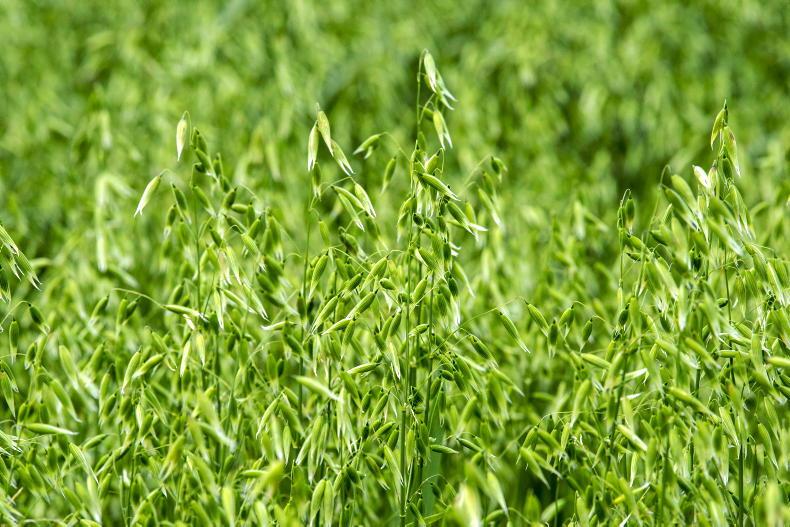One of the modern taboos is to question the intrinsic value and superiority of organic farming. Austria is held up as the country we should aspire to imitate, while proponents of farming based on science are expected to hide their heretical views.
It was, I must admit, with some relief that I read a recent article in The Irish Times by former professor of biochemistry in University College Cork William Reville.
Impeccable sources
In his piece, Prof Reville quotes impeccable sources to back up his assertion that organically produced crops and foods would not produce enough food to feed the world’s population.
He adds that there is no convincing evidence that organic agriculture produces more nutritious food than conventional agriculture.
He makes the point that prior to the 20th century, when the world’s population was a fraction of today’s 8bn and all food was produced organically, malnutrition was widespread.
The global decline in undernourishment since the 1950s is, he maintains, a major achievement of conventional agriculture.
Prof Reville quotes from a number of highly reputable studies and gives the dramatic recent example of how Sri Lanka has been plunged into chaos and near national bankruptcy by the presidential decree that the country should go all organic and avoid artificial fertilisers and chemicals.
Case study
It is an interesting case study of a superficially attractive policy taken to extremes. This should not mean that the claims of scientific advances should not be rigorously examined and that potentially harmful residues and side effects should not be identified and controlled.
Neither should it mean that we in Europe should be prisoners to a philosophy that nostalgically harks back to a theoretically simpler time.
If people want to practice organic farming and can make a better livelihood from it because of enhanced prices or lower production costs, then that should be their choice, but whether the policy scales should be so tilted towards an intrinsically less efficient system in the broadest sense is another question.
This type of analysis brings into question yet again the logic of the EU’s new Farm to Fork policy, with its arbitrary input reductions and its lack of impartial analysis.
One striking example I was given the other day was the EU proposal for the level of MCPA contamination in water. The EU’s proposal is that it be 1/7,000 of the World Health Organisation’s guideline.
It is interesting to note that in a recent Eurostat (the EU statistics office) study, the country found to have the highest recent increase in the use of agrochemicals was Austria!






 This is a subscriber-only article
This is a subscriber-only article










SHARING OPTIONS: